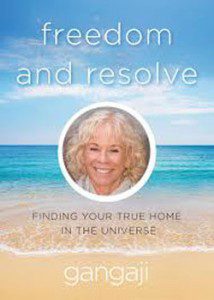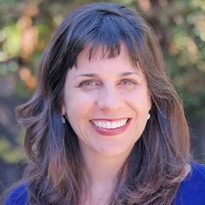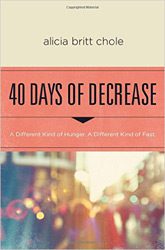“It is essential to surrender our ideas of who we are to discover the truth of who we are. It is essential to surrender to the unknown, radiant truth of incomprehensible being. Then we know somehow what we have always known though it has been unacknowledged until that moment.” — Gangaji, author of Freedom & Resolve
This month at the Patheos Book Club, we’re talking about the new book by spiritual teacher and author Gangaji, Freedom and Resolve: Finding Your True Home in the Universe. Here, the popular spiritual teacher shares about her book and what freedom means to her.
Many people have used the word “freedom.” It can be defined in a number of different ways. What do you mean when you are speaking about freedom?
I deeply value political and social freedom, however the freedom I direct people toward is inner freedom. Freedom that cannot be taken away from you regardless of your circumstances. I am speaking of the inner freedom that nothing material, or cultural, or political can give or take away. It cannot be earned, but it can be disregarded. It is usually disregarded. Even in the best of circumstances if this inner freedom is overlooked there will be suffering. If it is found and honored, there is great joy and peace regardless of circumstance.
 With regard to resolve and vigilance, are you talking about willpower and our desire to improve ourselves or something else?
With regard to resolve and vigilance, are you talking about willpower and our desire to improve ourselves or something else?
Both resolve and vigilance, in the context of inner freedom, have to do with supreme commitment to discovery of absolute truth and the willingness for each breath to be a vigil to that discovery. It is more a matter of willingness than will power, as it is effortless discovery and then conscious surrender to that discovery. Keeping conscious vigil to inner freedom is expansive and fulfilling. It is naturally deeply joyful, and yet it has nothing to do with improving anything.
Does the reader have to have a particular spiritual background in order to understand Freedom and Resolve?
All that is required is curiosity and yearning for true, lasting freedom.
In the book, you speak about “feeding our thoughts.” Could you talk about addiction to thinking and what that means in our lives?
As human beings we have the awesome power to think. If this power is misused, like all misused powers, it leads to addiction. In this case we become enslaved to thoughts—our definitions of who we and others are, our cultural and personal versions of reality. In this enslavement we lose the ability to think critically or creatively. We become brainwashed by our own propaganda, and go to war to defend it. We practice warfare inside ourselves, in our relationships, and in fact with anything that threatens our mentally constructed worldview. If we look around our world, or in our own minds we can become well aware of this war.
How is it possible to experience “wholeness” in the midst of strong emotions like anger, sadness or fear?
The wholeness of our being is always present. The mind fragments experience when that experience seems overwhelming or threatening. If we are willing, in a moment of strong emotion, to take a moment to suspend the mental description or justification of attack and completely experience the emotion—in other words, with no story—wholeness is discovered. Of course this can be a real challenge, and sometimes we are actually being threatened and do need to act quickly without taking a moment of self-reflection. But if we recognize an habitual pattern of perceived overwhelm or threat, we can also recognize that habitually we may be needlessly overlooking what is truly free from overwhelm or threat. What is truly whole cannot be fragmented. It is present regardless of emotion or state of mind.
What is the difference between surrender and just giving up?
The way I use the word surrender is as an invitation to open the mind—to recognize narrative free presence. Giving up has a story of defeat and usually some degree of humiliation. Giving up is resignation accompanied by an internal collapse; surrender is open and inclusive. Giving up usually has some resentment riding subconsciously with it. Surrender is free and clear.
Is surrender essential in knowing the truth of who we are?
It is essential to surrender our ideas of who we are to discover the truth of who we are. It is essential to surrender to the unknown, radiant truth of incomprehensible being. Then we know somehow what we have always known though it has been unacknowledged until that moment.
Is it possible for anyone to realize the kind of freedom you are speaking about?
Yes.
Does being on the spiritual path require ruthless honesty? When you speak about ‘telling the truth’ is that telling the truth to yourself AND others?
Certainly there are times where telling your truth to another or others is necessary. But telling the truth I speak of is recognizing the absolute truth regardless of relative. The truth that is not owned by you or me. The truth that remains whole and free regardless of what else may be relatively true. My teacher Papaji called it the substratum. The continuity of being that is present always. Before your birth, during your existence, and after your death. “Me” and “you” are relative to that absolute. It is Life itself. All life forms, cosmic and minute, are animated by it and inseparable from it, yet it remains here as all forms appear and disappear.












